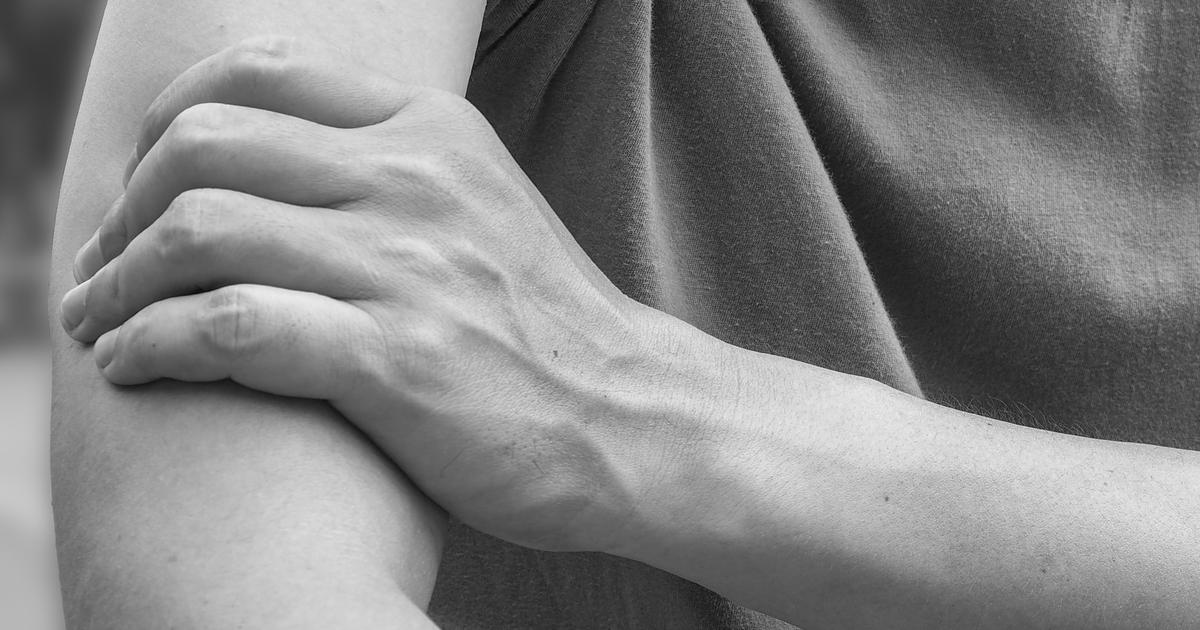Guide To The Symptoms Of Rhabdomyolysis
Muscle Weakness

In addition to muscle pain and urination-related symptoms, the third most characteristic symptom of rhabdomyolysis is muscle weakness, though the muscles involved vary widely. Patients may find they have trouble moving their legs or arms. The muscle weakness may come on suddenly or progress slowly over time. Muscle weakness is a condition that occurs when normal effort doesn't produce normal muscle movements. Short-term muscle weakness occurs to almost everyone at least once in their lives, so it's not always a sign of a serious underlying condition. Overtaxing the muscles or being ill can bring it on, though persistent or unexplained muscle weakness should be evaluated by a doctor. Muscle weakness occurs when the brain's signals don't cause the right thing to happen. This can be a sign of a muscular, nervous system, brain, or connective tissue disease. If individuals have unexplained muscle weakness in conjunction with other rhabdomyolysis symptoms, they should seek emergency medical treatment.
Keep reading to learn more about the major symptoms linked to rhabdomyolysis now.